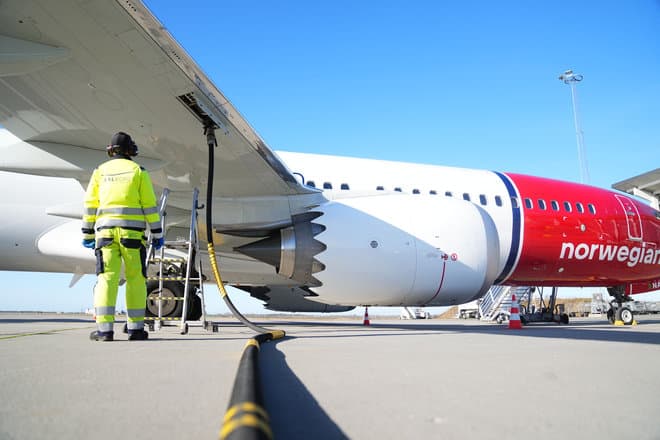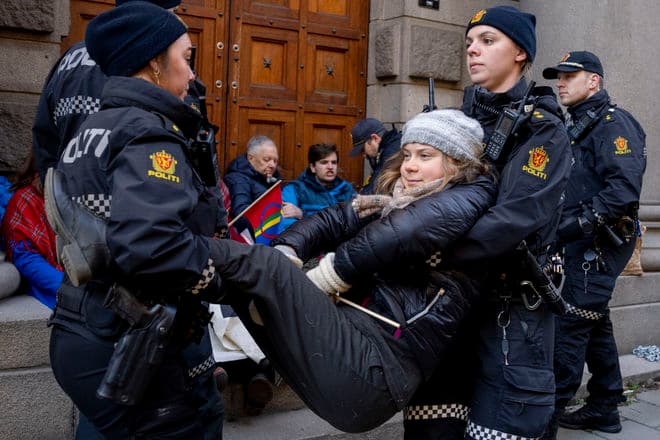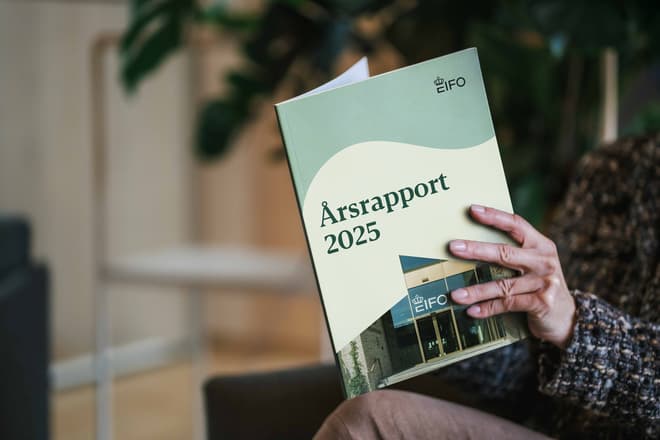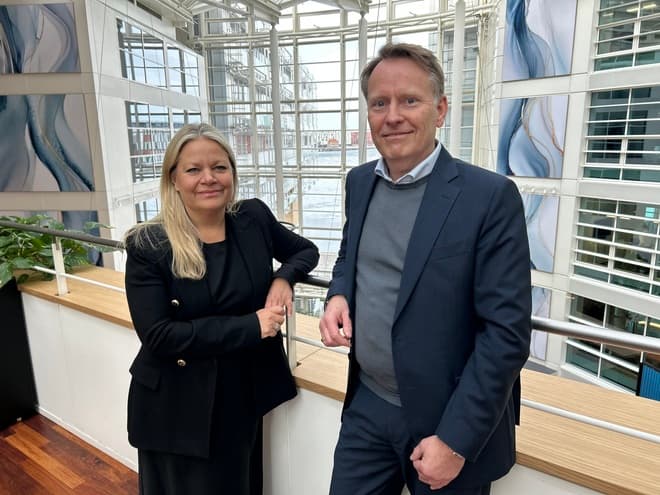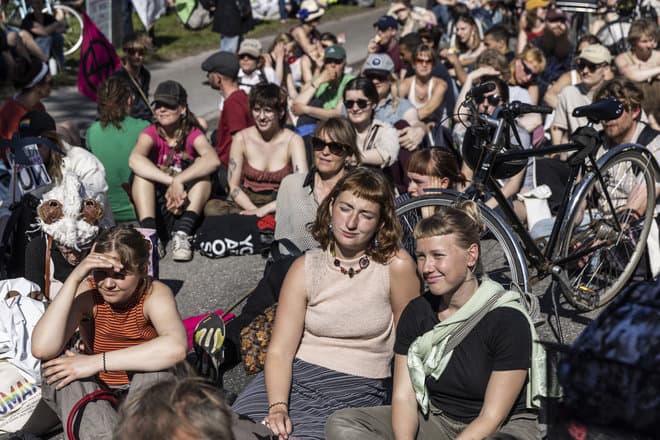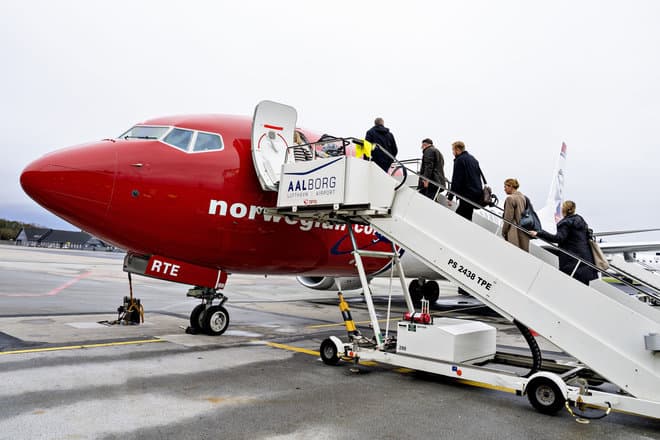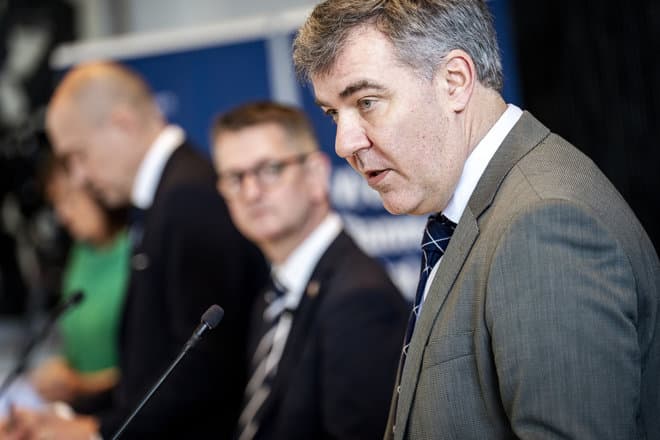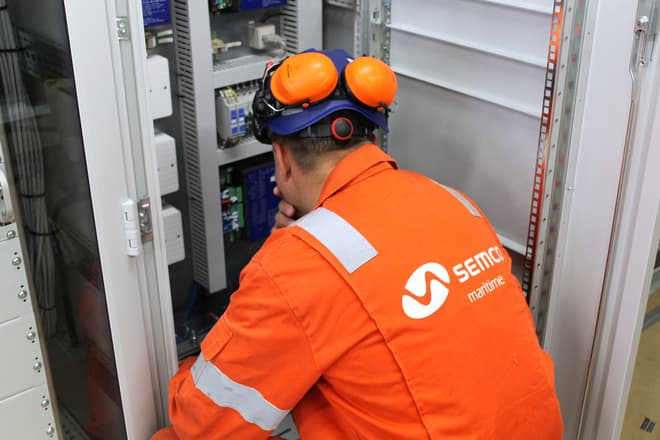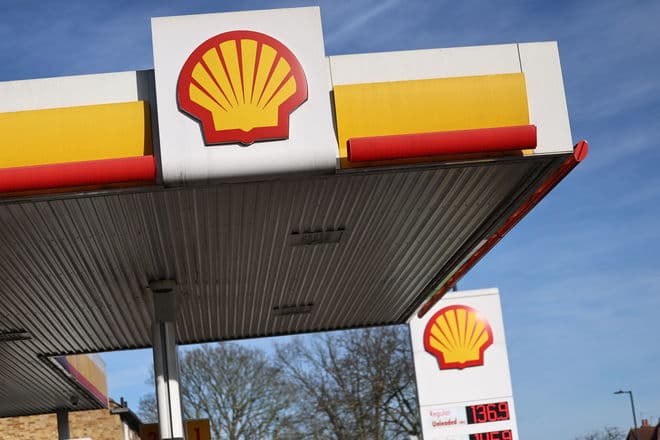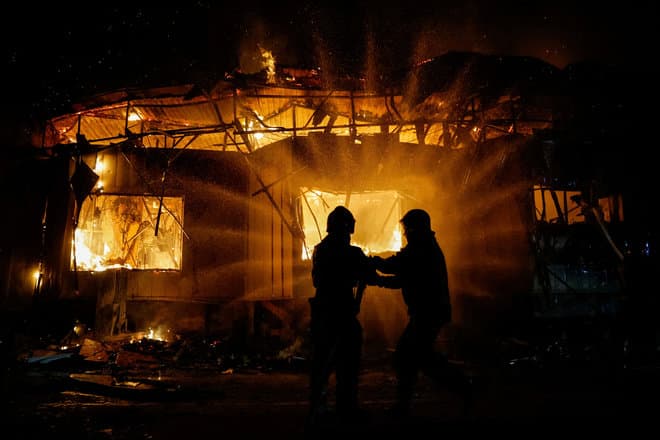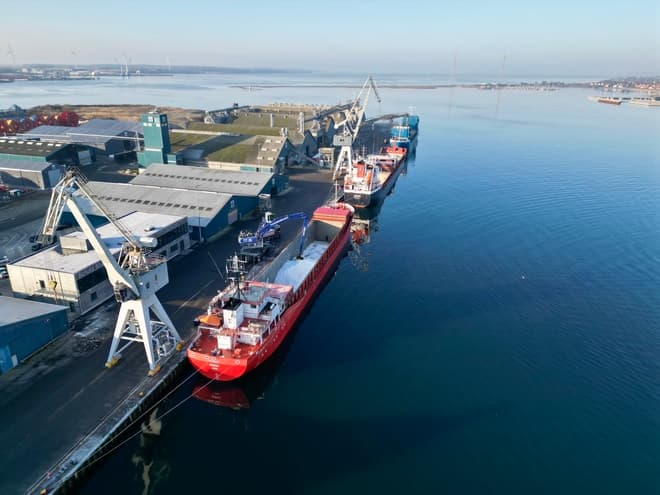
The EU Commission is ready with a fifth sanctions package. And for the first time, it is specifically targeting Russian energy. In this way, the EU will start targeting Russia's most important source of income: energy exports.
However, far from all of Russia's energy exports will be affected. Gas is exempt. And for now, only a limited part of Russia's coal exports will be affected. Specifically, the EU Commission is planning to introduce a ban on buying coal worth four billion euros per year.
The Commission will also prepare sanctions that will target Russian oil exports. This was stated by the President of the EU Commission, Ursula von der Leyen, at a press conference on Tuesday.
- Russia is waging a merciless war not only against Ukraine's military, but also against Ukrainian civilians. It is important to keep maximum pressure on Putin and Russia now. The existing sanctions have hit hard. They have limited the Kremlin's political and economic possibilities. But in light of recent events, we need to increase the pressure further, says Ursula von der Leyen.
She specifically mentions the allegations of Russian war crimes against civilians in the Ukrainian town of Butja as a new development in the war.
Will tighten sanctions already in place
EU countries must formally agree to the package before it enters into force. And that will probably happen. At Tuesday's meeting in Luxembourg of the 27 EU finance ministers, there was support for moving forward with the sanctions.
In addition to targeting energy exports, the EU Commission is also planning to tighten a number of the types of sanctions that are already in place.
- We will take the sanctions a step further and make them broader and sharper, so that they cut deeper into Russia's economy, says von der Leyen.
Six pillars
The EU Commission's proposal for a fifth sanctions package contains a total of six pillars. The first pillar is the ban on importing coal worth four billion euros per year. Secondly, the EU Commission will introduce a ban on transactions against four Russian banks. Including the second largest Russian bank VTB.
- The four banks that will now be completely cut off represent 23 percent of the of the market in the Russian banking sector, says von der Leyen.
Thirdly, the EU Commission will introduce a ban on Russian vessels and Russian-controlled vessels from calling at EU ports. However, exceptions will be made for ships transporting energy and food products. This in itself can be seen as an example of the fact that there is still a long way to go before the EU is ready to completely cut itself off from Russian energy.
Fourthly, the EU Commission is proposing targeted export bans worth 10 billion euros in areas such as advanced computer equipment. The fifth part of the package is an import ban worth 5.5 billion euros. It will cut off part of Russia's earnings on products such as wood, cement and alcohol.
The last part of the package will, among other things, affect Russian companies' ability to participate in public tenders in the EU and Russia's ability to receive financial support from public authorities in the EU.
- European taxpayers' money should not go to Russia in any way, says von der Leyen.
According to Ursula von der Leyen, the EU Commission is also working on additional sanctions that will, among other things, affect Russia's exports of oil.
Ritzau
Text, graphics, images, sound, and other content on this website are protected under copyright law. DK Medier reserves all rights to the content, including the right to exploit the content for the purpose of text and data mining, cf. Section 11b of the Copyright Act and Article 4 of the DSM Directive.
Customers with IP agreements/major customer agreements may only share Danish Offshore Industry articles internally for the purpose of handling specific cases. Sharing in connection with specific cases refers to journaling, archiving, or similar uses.
Customers with a personal subscription/login may not share Danish Offshore Industry articles with individuals who do not themselves have a personal subscription to Danish Offshore Industry.
Any deviation from the above requires written consent from DK Medier.

